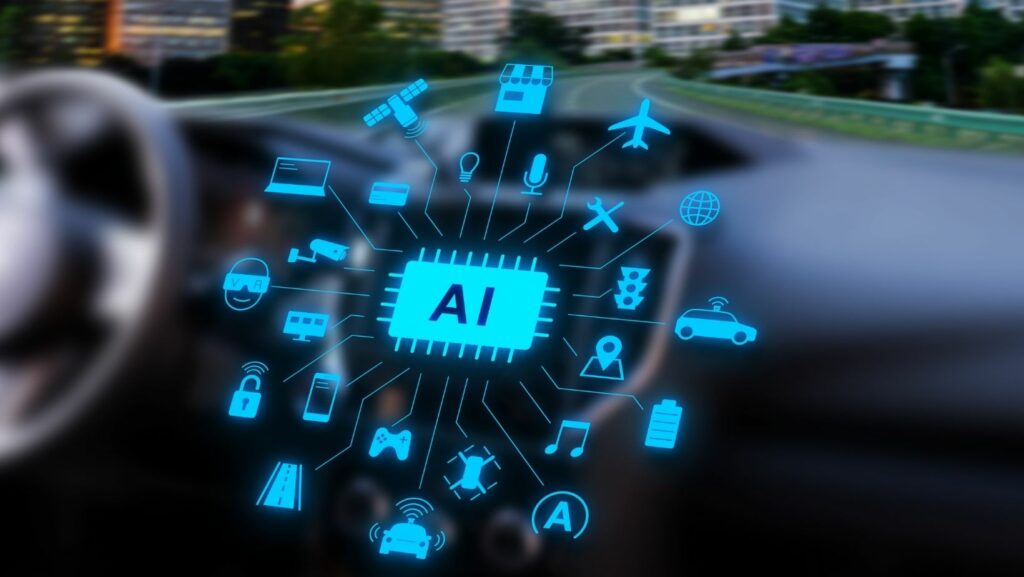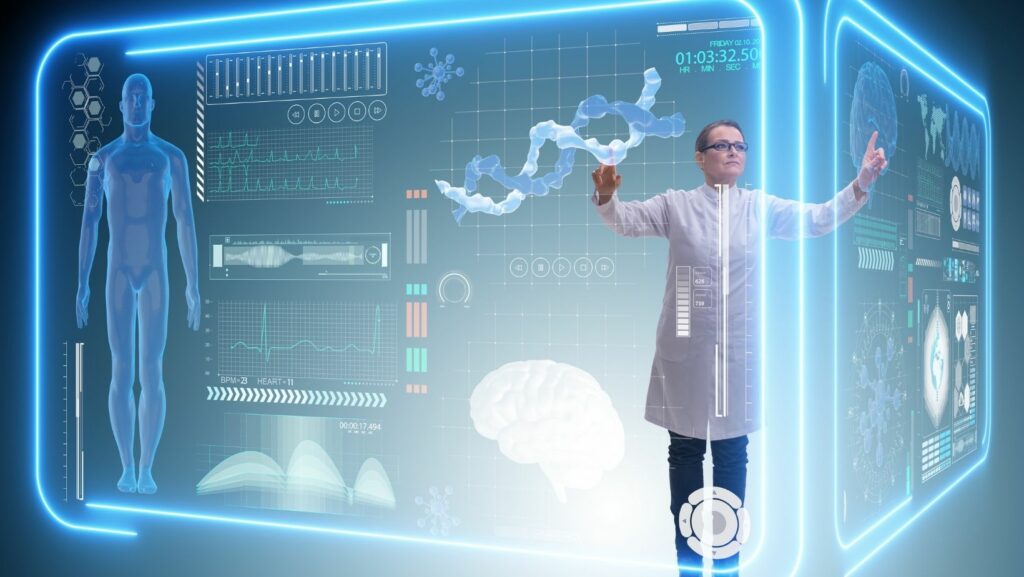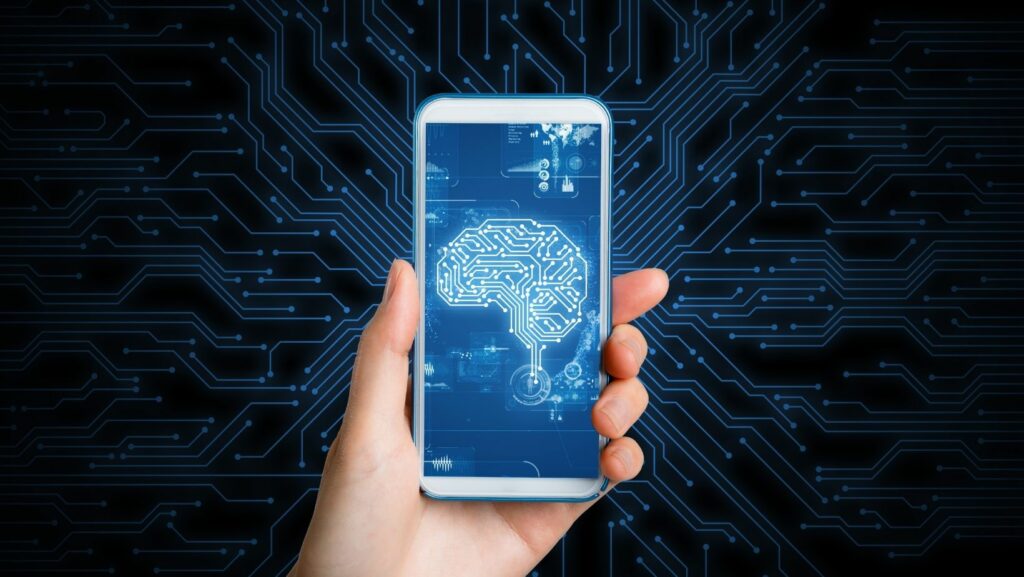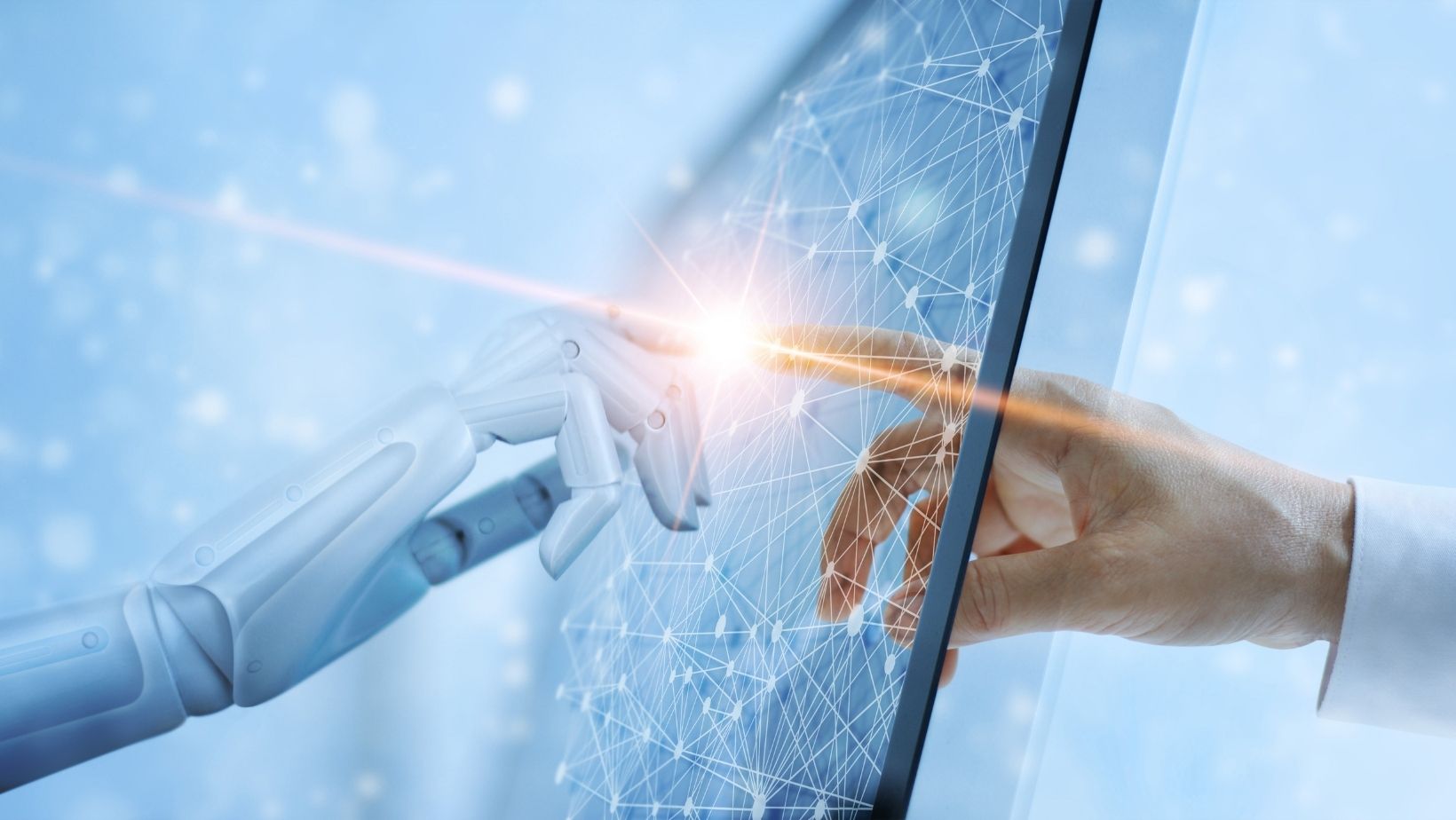
Artificial intelligence (AI) is revolutionizing the landscape of global health, offering innovative solutions to complex challenges in the healthcare industry. With its ability to analyze vast amounts of data quickly and accurately, AI is reshaping how diseases are diagnosed, treated, and prevented worldwide. From predictive analytics to personalized medicine, AI is paving the way for more efficient and effective healthcare practices. By harnessing the power of AI, healthcare professionals can make data-driven decisions that lead to improved patient outcomes and better resource allocation. The integration of AI technologies in global health not only enhances medical research and diagnosis but also strengthens healthcare systems’ overall resilience. As AI continues to advance, its impact on global health is becoming increasingly profound, promising a future where healthcare is more accessible, affordable, and personalized for everyone.
Artificial Intelligence In Global Health
Artificial Intelligence (AI) applications in global health have revolutionized healthcare practices worldwide. By leveraging AI technologies, healthcare professionals can analyze vast amounts of data swiftly and accurately, transforming the way illnesses are identified, managed, and prevented on a global scale.
Understanding Artificial Intelligence Applications
In the realm of global health, AI applications encompass a wide array of uses, from diagnostic tools that can detect diseases at early stages to predictive analytics that help healthcare providers anticipate potential outbreaks. Moreover, AI-powered systems facilitate personalized treatment plans for patients based on individual health data, enhancing the effectiveness and efficiency of healthcare interventions.
Bridging Healthcare Gaps with AI Technology

AI technology plays a pivotal role in bridging healthcare disparities by improving access to medical services, particularly in underserved regions. Through telemedicine platforms driven by AI, individuals in remote areas can receive virtual consultations, diagnoses, and treatment recommendations, ensuring equitable healthcare access regardless of geographical constraints. Moreover, AI-driven mobile health apps empower individuals to monitor their health status continuously and seek timely medical assistance when needed, fostering proactive healthcare management globally.
AI Solutions for Epidemic Outbreak Prediction
AI plays a crucial role in predicting, managing, and mitigating epidemic outbreaks through advanced technological solutions. By employing real-time data analysis and predictive modeling, AI enhances the capability of healthcare systems to forecast and prepare for potential health crises.
Real-Time Data Analysis and Disease Forecasting
Utilizing AI algorithms for real-time data analysis enables health authorities to monitor epidemic patterns swiftly and accurately. By processing large sets of data from various sources such as social media, search engines, and healthcare records, AI can identify potential outbreaks at an early stage, allowing for timely intervention and containment strategies.
Case Studies: AI in Managing Epidemics
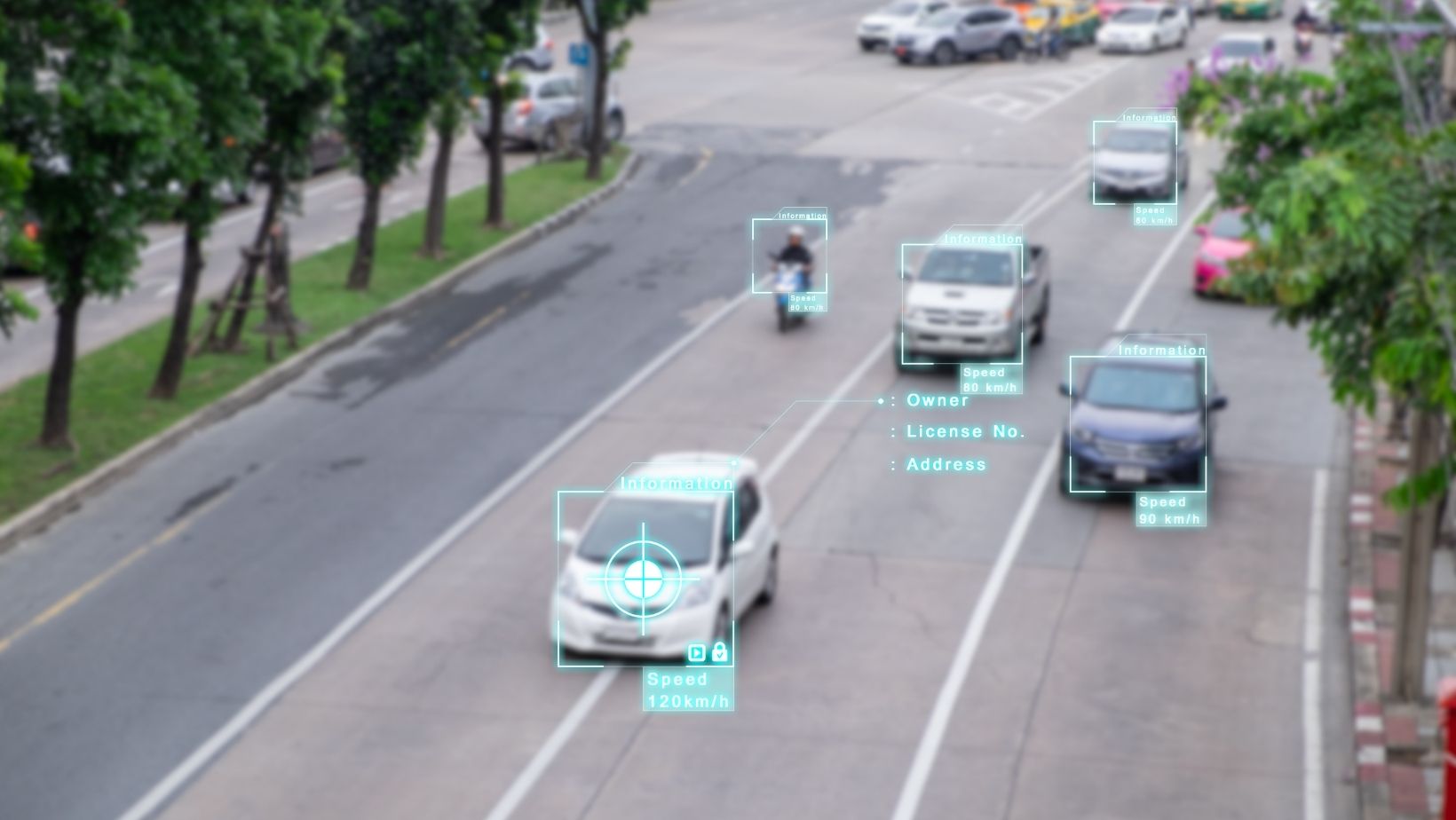
Several case studies demonstrate the effectiveness of AI-driven approaches in epidemic management. For instance, during the Ebola outbreak in West Africa, AI systems analyzed data to predict disease spread, optimize resource allocation, and guide healthcare interventions. Similarly, in the case of COVID-19, AI technologies have been instrumental in tracking transmission trends, developing predictive models, and supporting decision-making for public health measures. These examples underscore the invaluable role of AI in enhancing epidemic preparedness and response.
Enhancing Remote Care Through AI
Artificial intelligence (AI) is revolutionizing remote care by enhancing access to healthcare services through innovative solutions. By integrating AI technologies into telemedicine platforms and leveraging AI-driven diagnostic tools, healthcare providers can offer high-quality care to individuals, regardless of their geographic location. AI’s role in remote care extends beyond traditional healthcare settings, reaching rural areas and underserved populations, thus bridging gaps in healthcare delivery. The seamless incorporation of AI into telemedicine and diagnostics ensures timely and accurate health interventions, improving health outcomes globally.
Telemedicine and AI-driven Diagnostics
AI-driven diagnostics are transforming the healthcare landscape by enabling remote disease identification and monitoring through telemedicine. Telemedicine platforms equipped with AI algorithms allow healthcare providers to remotely assess patients’ conditions, interpret diagnostic tests, and recommend personalized treatment plans. This integration of AI in telemedicine enhances the efficiency of healthcare delivery, reduces the need for in-person consultations, and optimizes resource allocation. By leveraging AI-powered diagnostics in telemedicine, healthcare professionals can reach a broader patient population, particularly in rural and remote areas, improving access to quality healthcare services.

